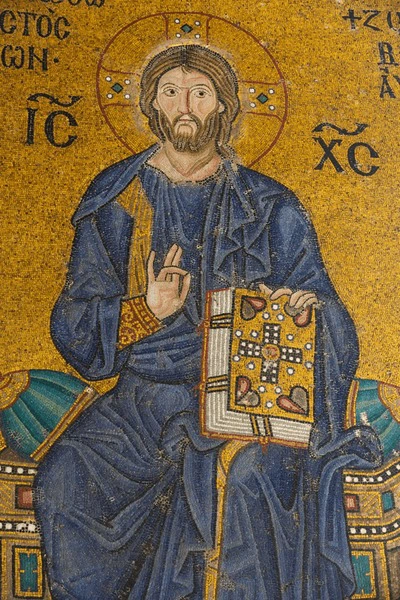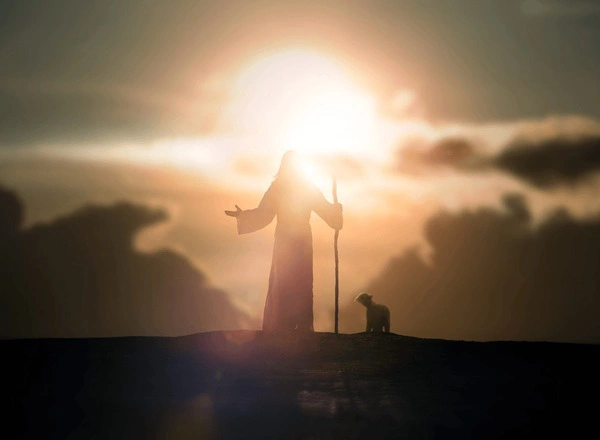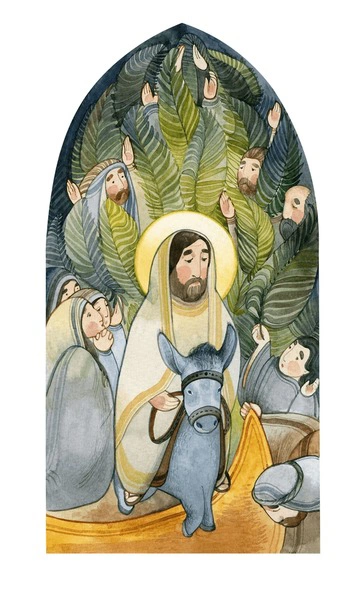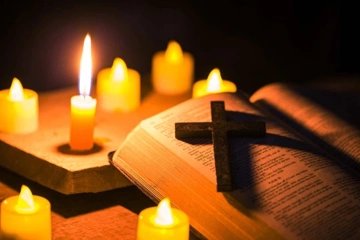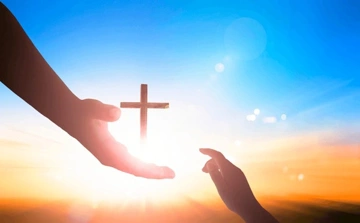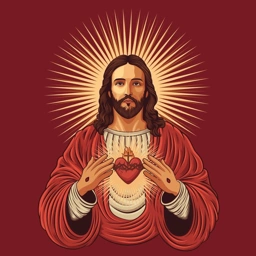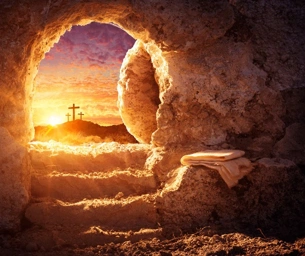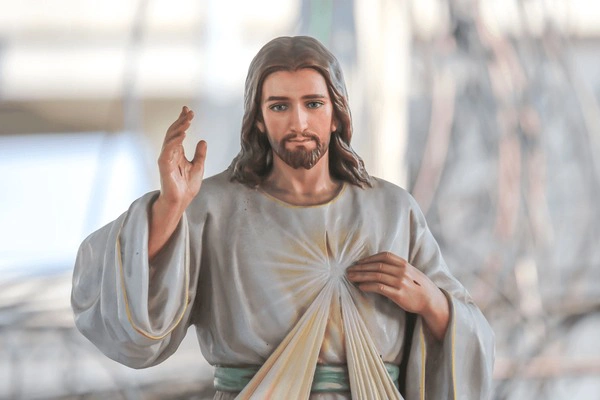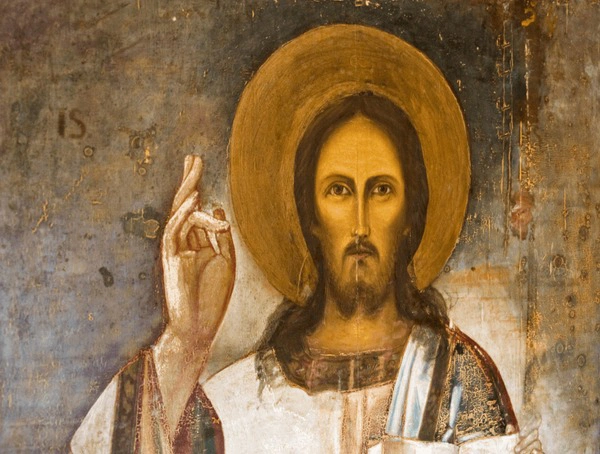
Preserving the Messianic Line: Insights from Matthew Chapter 1:Verse 13
Matthew 1:13 sheds light on the often-overlooked figures who maintained the Messianic lineage after the exile. This genealogy underscores the importance of heritage and divine purpose amidst historical challenges, offering insights for modern believers.
David Walker
26/11/2024 - 7 months ago

Understanding the Genealogy in Matthew 1:13
Matthew Chapter 1:Verse 13 is a part of the genealogy of Jesus Christ, which is often overlooked by readers due to its list-like nature. However, each name holds significant historical and theological importance. This verse continues the lineage after the exile to Babylon, highlighting figures who are not commonly known but were crucial in maintaining the Messianic line. It emphasizes that God’s plan for salvation was carefully preserved through generations, even during tumultuous times.
The genealogy outlined in Matthew serves as a bridge between the Old and New Testaments, connecting the stories of faith and promise directly to the advent of Jesus. This lineage shows the continuity of God's covenant with His people, despite the disruptions caused by the exile. It reflects a divine orchestration, where each individual, no matter how obscure, plays a part in the unfolding of God’s plan.
Understanding the context of these genealogical records helps us appreciate the resilience and faithfulness of God's people throughout history. The individuals listed in Matthew 1:13 may not have performed grand miracles or been kings, but their steadfastness in preserving their lineage ensured the fulfillment of the prophecy concerning the coming of the Messiah. This underscores the belief that every believer has a role in God’s greater narrative.
The Significance of Lesser-Known Figures
Among the names listed in Matthew 1:13, we encounter individuals like Zerubbabel and Abiud, who might not be as familiar as figures like Abraham or David. Despite their lesser-known status, their roles were vital in the preservation of the Jewish people and their heritage after the Babylonian exile. Zerubbabel, for instance, played a key role in the rebuilding of Jerusalem and the Temple, which was essential for the restoration of Jewish worship and customs.
Abiud, though not much is detailed about his life in the scriptures, represents the continuity of faith through the generations. His inclusion in Matthew’s genealogy signifies the enduring nature of God’s promise. These figures remind us that God often works through the ordinary and the overlooked, choosing humble vessels to accomplish His divine purposes.
The mention of these individuals in the genealogy encourages believers to reflect on their own lives and roles within their communities. It suggests that no contribution is too small in the kingdom of God. Just as these lesser-known figures were instrumental in the grand scheme of redemption, so too can ordinary believers make a significant impact in their spheres of influence.
Theological Implications of the Genealogy
The genealogy in Matthew 1:13 is not merely a historical record but a theological statement about God's faithfulness and sovereignty. It illustrates how God’s promises endure despite human failures and historical upheavals. This lineage, preserved through times of exile and uncertainty, is a testament to God's unwavering commitment to His covenant with humanity.
This genealogy also reflects the inclusivity of God's plan. It encompasses a diverse array of individuals, each contributing uniquely to the fulfillment of prophecy. This diversity within the lineage highlights a broader theological truth: God's salvation is available to all, regardless of background or social status. It challenges believers to embrace and celebrate diversity within the body of Christ.
For modern readers, the theological implications of this genealogy serve as a reminder of the importance of heritage and legacy. It encourages Christians to value their spiritual ancestry, understanding that their faith is part of a larger, ongoing story. This perspective can inspire a deeper commitment to living out one's faith with purpose and intentionality.
Lessons for Modern Believers
The genealogy found in Matthew 1:13 offers numerous lessons for believers today. It teaches the importance of faithfulness in the midst of trials. Just as those included in the lineage persevered through exile and uncertainty, modern Christians are encouraged to remain steadfast in their faith, trusting that God is at work even in difficult circumstances.
This passage also highlights the value of each person's contribution to God's kingdom. It serves as a reminder that God uses both the prominent and the humble to fulfill His purposes. Believers are encouraged to recognize their own potential to impact the world for Christ, regardless of their position or status.
Finally, the genealogy encourages a sense of unity among believers. It underscores the idea that all members of the body of Christ are interconnected, each playing a crucial role in the continuation of the faith. This unity, rooted in shared heritage and purpose, can empower believers to support and uplift one another as they collectively pursue God's mission in the world.


